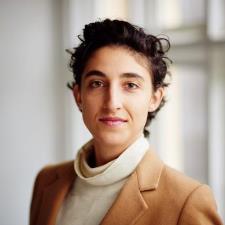
David L W. answered • 06/03/19
Tutor
4.8
(604)
PhD Tutor in Math, Statistics and Economics and Writing
- An equitable distribution of income and wealth can make it easier for political parties to work out compromise solutions to political-economic problems, avoiding gridlock and wedge issues or costly defaults, or large amounts of money being unproductively spent on elections.
- Equitable distribution of wealth tends to mitigate monopoly power which can be used to raise rivals costs or make innovation less likely to be successful if it is hard to get new patents created because existing patents are intentionally written too vaguely so as to forestall future competition.
- Human capital markets work better in the long-term if students feel free to study diverse subjects that expand their minds, let them combine insights from different fields, and do not immediately prepare them for a "good" job right out of college. If students are too dependent on student loans or its perceived as riskier to get work out of college then there is less risk taking in education, which inhibits economic development.
- Inequality and job-focused education can also stunt conversations about whether unbounded economic growth is the proper end for a country or if it is more appropriate to expect that growth will slow with maturation and more attention will be given to genuine progress indicators that include the quality of the ecological networks our countries are stewarding.




